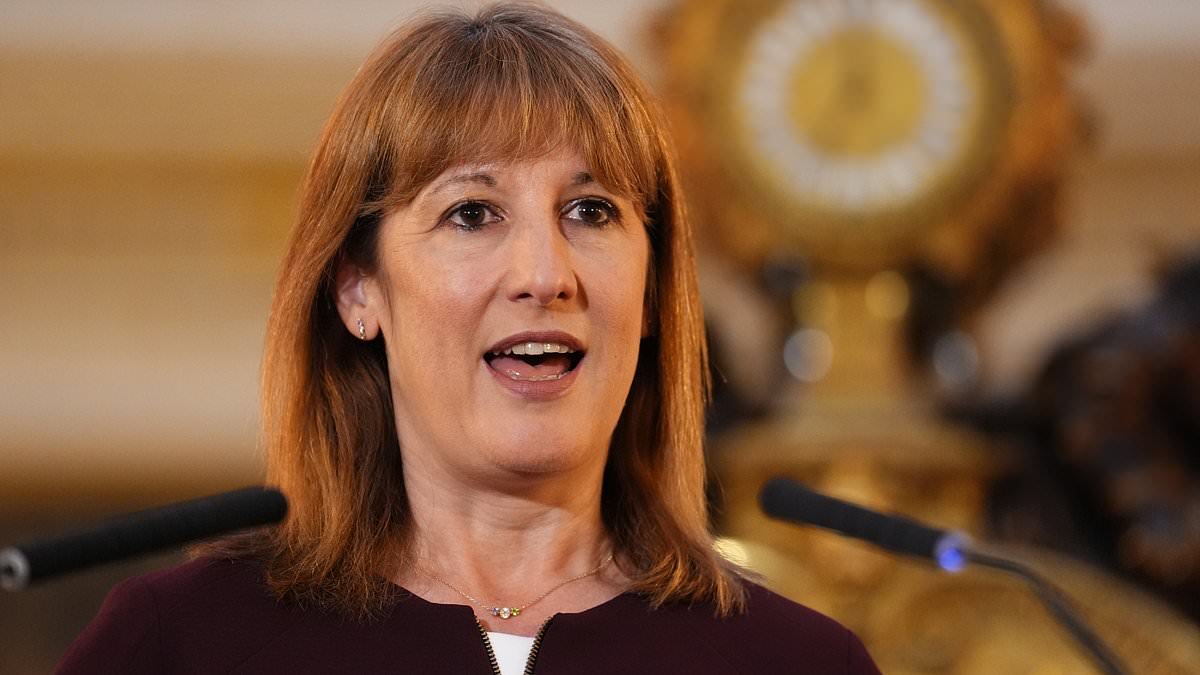Copyright dailymail

Rachel Reeves has been warned that as many as 120,000 jobs in the retail and hospitality sectors could disappear if she goes ahead with her business rate hikes. It is the latest industry salvo against the Chancellor’s plans to slap 5,000 large shops, hotels and pubs with greater property taxes. The British Retail Consortium (BRC) and UK Hospitality said her proposals mean 500 premises would be at risk of closure, endangering some 120,000 workers. Labour has been planning to charge larger commercial properties higher business rates to subsidise lower levies for smaller ones. The reforms are intended to level the playing field for bricks-and-mortar stores by making the big warehouses used by online giants such as Amazon pay more. But High Street and hospitality operators warn the scheme will backfire as larger venues in their sectors will be hit, too. They have warned tax rises will lead to closures as stores become unprofitable – costing jobs and robbing town centres of big ‘anchor’ tenants that bring in shoppers and boost business for smaller firms. UK Hospitality and the BRC are calling for these businesses to be excluded from Reeves’ reforms, which would levy higher taxes on properties worth £500,000 or more. Helen Dickinson, chief executive at the BRC, said: ‘Introducing a business rates surtax would only add to inflationary pressures, leading to store closures and job losses. We urge the Chancellor to exempt these businesses from the surtax, helping safeguard hundreds of anchor stores and the vital jobs they sustain.’ Together, the retail and hospitality sector say they are reeling from more than £10bn in extra costs from last year’s Budget – which included higher wages and National Insurance Contributions from employers. The alert follows a warning from big supermarkets that they will be forced to raise food prices, fuelling inflation and exacerbating the cost-of-living crisis already crippling millions of households. Separate figures from the BRC show fresh food prices are surging at the fastest pace since January 2024 amid fears that higher taxes will pile further pressure on supermarket bills. The pace of inflation for these products hit 4.3 per cent year-on-year in October – up from 4.1 per cent the month before. Beef, poultry and fruit have seen the sharpest increases due to the rising costs of production, according to the BRC. And supermarkets have warned food prices could jump even further if the Chancellor does not hand the sector a reprieve from rising costs at next month’s Budget. However, there was a slightly brighter picture for overall food prices in the latest BRC report, with inflation for this wider category slowing from 4.2 per cent in September to 3.7 per cent in October. And overall shop price inflation – including non-food products – dipped from 1.4 per cent to 1 per cent owing to competition between retailers.



